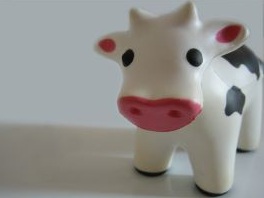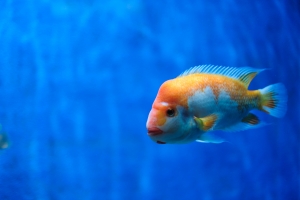 Love this article on the Natural Products Expo in Anaheim – where all the people who care about natural foods gather to market products, share information and generally enjoy an industry that is growing dramatically every year.
Love this article on the Natural Products Expo in Anaheim – where all the people who care about natural foods gather to market products, share information and generally enjoy an industry that is growing dramatically every year.
Author Leon Kaye talks about how the big, shining star at the expo this year was probiotics. . . in everything. From gum to mints to supplements and foods, probiotics are showing up everywhere.
Last year, he said, Greek yogurt and coconut water were the biggies, but hands down, probiotics won this year.
Excuse me while we here at Probulin take a minute to gloat. It’s nice to see that the United States is starting to understand something that many other countries have known for some time – the bacteria in our gut and throughout our bodies has a tremendous impact on our health.
Want to get in on the action? Check out Profresh Mints probiotic mint – take once daily for a brighter, whiter smile. Not to mention it gives you fresh breath, how can anyone resist?!
Go with your Gut,
The Probulin Team









